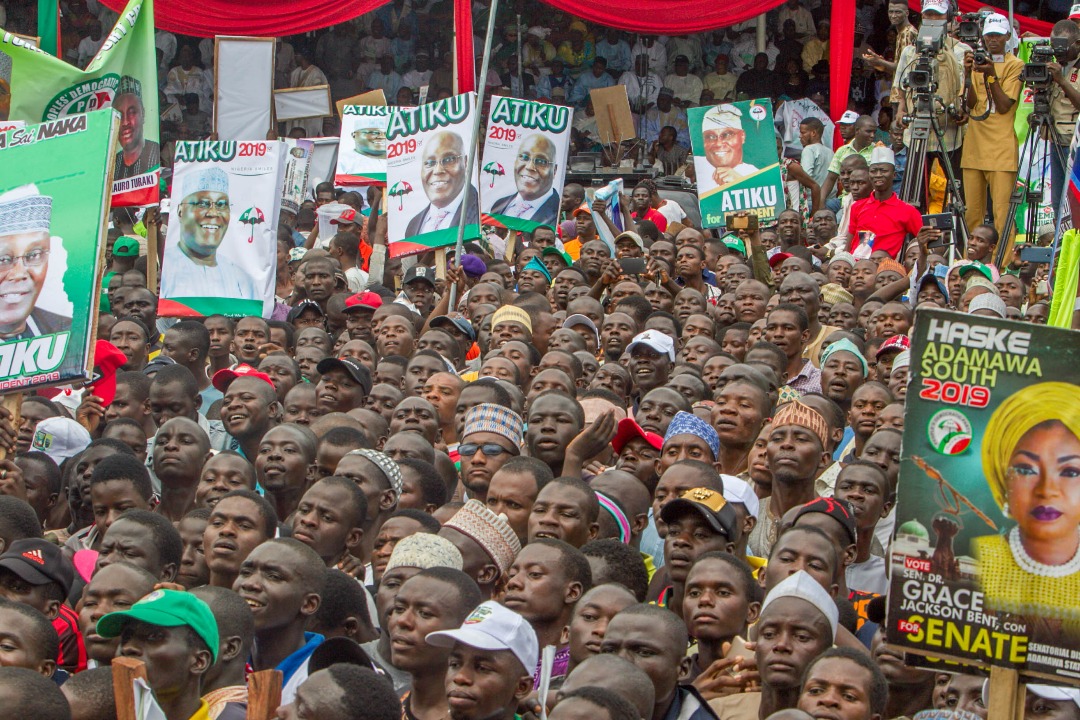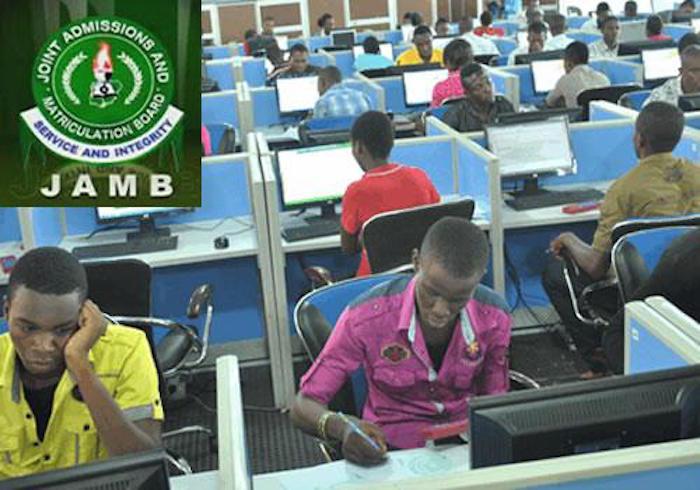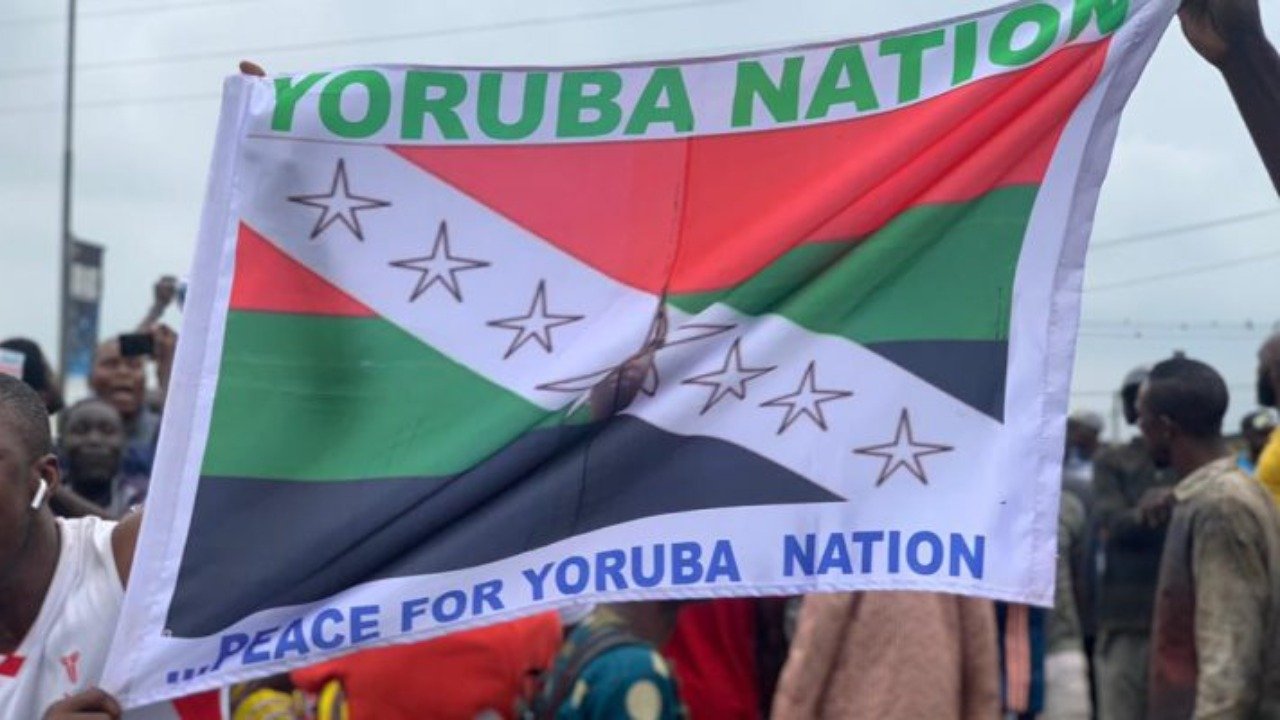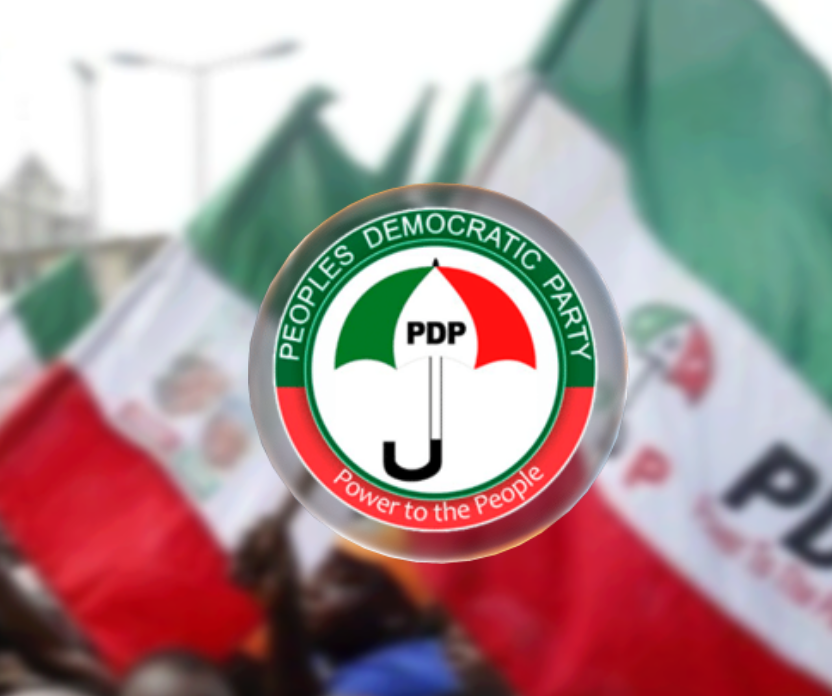By Joel Popoola
Why does Nigeria have the worst voter turnout in West Africa? And why does it matter more than even during the coronavirus crisis?
Take a look at voter turnout numbers in West African presidential elections and see if you can see the odd country out.
Ghana – 68.6%
Niger – 59.8%
Togo – 60.9%
Benin – 66.1%
Chad – 66%
Nigeria – 34.8%
How can it be that half as many Nigerians elect their president than in neighbouring countries? And those figures don’t even include countries like Sierra Leone (84.2%) and Guinea-Bissau (89.3%).
In fact, only one country in all of West Africa has voter turnout anywhere near as bad as Nigeria; Cape Verde. And with a turnout of 35.5% it’s still better than ours!
Why does Nigeria have the worst voter turnout in West Africa? The reason is trust. And during the current Coronavirus crisis that trust could not matter more.
The world-leading International Affairs think tank, Chatham House, has recently written:
“There is a yawning gap in trust and accountability between citizens and the state in Nigeria – the crisis will force the state to attempt to bridge this divide… a state that the vast majority of the population believe does not serve or care for them.
“Having largely ignored the needs of Nigeria’s citizens for decades, the political class face an uphill battle in building trust with the population. Earning this trust is not only crucial for the struggle against COVID-19 but also for Nigeria’s longer-term progress and system of political governance.”
Elements of the statement clearly go too far. The Nigerian government has recently made significant and important progress when it comes to meeting the needs of its citizens or how would our nation’s current score on the World Bank’s Epidemic Preparedness Index be so much higher than African and global averages if it hadn’t?
But it must not be doubted that many Nigerians feel this way. And feeling this way is a huge disincentive to engaging with political process through voting.
As one frontline worker battling COVID-19 in Kano recently told the international media:
“The government has promised to provide gloves and face masks to us but we are yet to receive it. We just depend on God.”
People need to know that they can depend on their government. Trust matters. And in the months and years to come that trust is going to be needed more than ever.
We are only in the first phase of the Covid-19 crisis. Next is likely to come Nigeria’s second recession in less than five years. Oil prices – our nation’s main source of revenue – are at an all-time low. After that we could see a huge challenge to our food security as the pandemic disrupts every aspect of our food supply from farm to fork.
Existing palliative efforts are described by Chatham House as “important (but) hampered by poor communication, inefficiencies and a lack of transparency – longstanding challenges in many aspects of public service delivery in Nigeria.”
So what is to be done?
As so often in the modern world, the answer can be found at our fingertips.
Reducing the spread and consequences of the coronavirus will depend on elected officials building trust with their citizens through effective communication. And in 2020 that communication primarily comes through a smartphone.
As I never tire of telling people, more Nigerians own a smartphone than vote.
My Digital Democracy Project is designed to reconnect electors and the elected using technology. Our free Rate Your Leader is designed to helps politicians engage directly with people who elected them, helping them understand what matters most to the people who elect them and build relationships of trust with the electorate.
When the coronavirus first arrived in Nigeria, it was state governments who were first to respond – shutting schools, and stopping the spread of the virus through travel and movement restrictions. They will have an even more crucial role in the recovery phase.
Yet politicians can feel like very remote, even irrelevant figures to many Nigerians. And this feeling is even more obvious at state level. Digital technology can bridge that divide and make it clear to local people how vital their work is and how committed to their communities they are.
Tough times are undeniably ahead for our states. Already over $20billion in debt, greater costs incurred countering Covid-19 and reducing resources could force many states to the brink of bankruptcy. The government of Akwa Ibom has already almost halved its annual budget and it will not be the only state where we see spending cuts on this scale.
If Nigerians start to see limited local services reduce even further, their opinion of local and national government is hardly likely to improve. And they will most likely become even less likely to vote.
Communication is key to stopping this vicious circle. But in a time of difficult challenges, technology exists to make communication that has never been, much easier.
Joel Popoola is a Nigerian technology entrepreneur, digital democracy campaigner and creator of the free Rate Your Leader app. You can reach him via Joel@rateyourleader.com or @JOPOPOOLA

 News6 years ago
News6 years ago
 Featured6 years ago
Featured6 years ago
 Boss Picks6 years ago
Boss Picks6 years ago
 Headline6 years ago
Headline6 years ago
 Headline6 years ago
Headline6 years ago
 Headline5 years ago
Headline5 years ago
 Headline6 years ago
Headline6 years ago
 Headline6 years ago
Headline6 years ago













